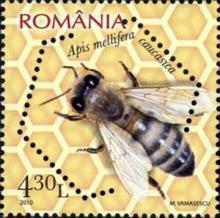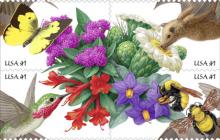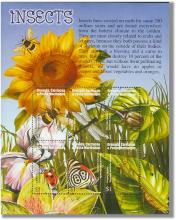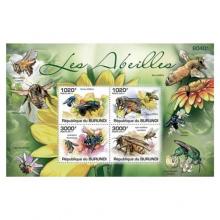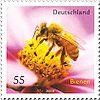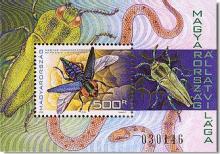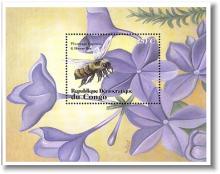Zijn overheid en chemische industrie verantwoordelijk voor bijensterfte? Een film van Earth Focus
Honingbijen, onmisbare bestuivers van landbouwgewassen, sterven massaal sinds 2006. Bijensterfte vormt een bedreiging voor de landbouw en de mensen die in de landbouw werken. Er zijn steeds meer bewijzen dat een nieuwe klasse van bestrijdingsmiddelen, de neonicotinoiden, die zeer giftig zijn voor het centrale zenuwstelsel, en die op grote schaal worden gebruikt, in onvoorstelbaar geringe hoeveelheden een dodelijke werking hebben op bijen. De Amerikaanse en Europese overheden hebben de neonicotinoiden op de markt toegelaten terwijl bekend was dat de chronische toxiciteit van deze stoffen voor bijen niet adequaat was onderzocht. Milieuactivisten eisen daarom een onmiddelijk verbod op neonicotinoiden tot dat noodzakelijke veiligheidtests zijn uitgevoerd en beoordeeld. Terwijl de Amerikaanse en Europese regeringen traag handelen en de verkoop van de neonicotinoïden miljarden oplevert voor de chemische industrie, worden de bijen uitgeroeid, waardoor het ecosysteem zal instorten. Bekijk de film van Earth Focus: http://www.linktv.org/video/8123/killing-bees-are-government-and-indust…

